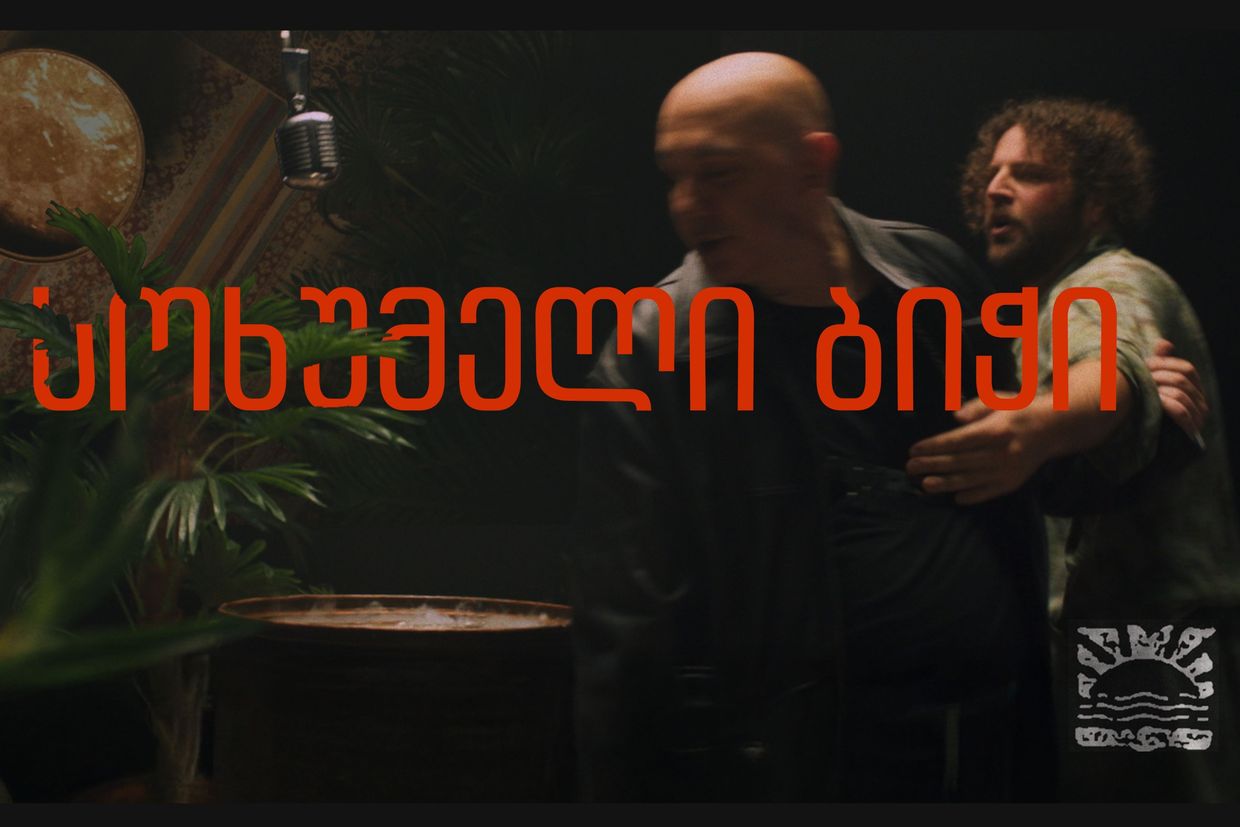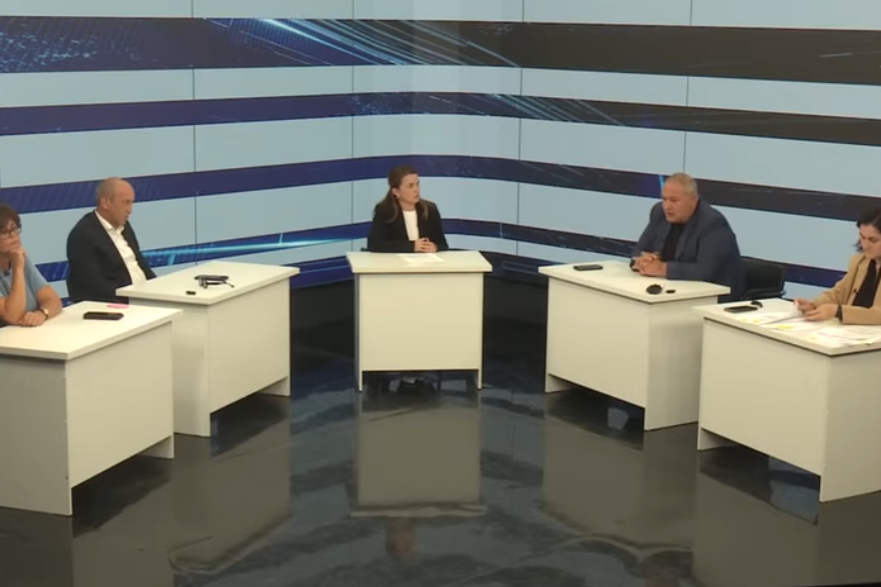
Abkhazia will hold municipal elections on 8 November for a variety of local positions in villages, cities, and districts across the region. In total, 179 positions will be filled.
Two parties have nominated their candidates — Amsakhara and United Abkhazia — but the majority of others participating in the election are self-nominated. Both parties are nominally backing President Badra Gunba, who is ostensibly independent and unaffiliated with a political party. Under Abkhazian law, the executive branch cannot campaign in municipal elections.
Any resident of Abkhazia over 25 and without a criminal record can run — higher education and knowledge of Abkhazian language are not required.
Some other candidates are being actively supported by the NGO Team Abkhazia, organised by Giorgi Gabunia, winner of the Team Abkhazia competition. The competition was organised for Abkhazian officials immediately after the presidential elections in February 2025, which resulted in a victory for Gunba.
The competition was initiated and funded by the Russian presidential administration and its first deputy chief, Sergei Kiriyenko, who has become the Kremlin’s pointperson in Abkhazia. Banners advertising Team Abkhazia can be seen on central highways throughout Abkhazia and on social media. Many candidates for local councils state on their campaign fliers that they are representatives of Team Abkhazia, but when OC Media has spoken with some of them in person, they often have had a difficult time explaining what being on the team actually means.

In a debate broadcast on Abaza TV, candidate Inal Tushba said that participation by Team Abkhazia in the elections is a form of pressure on voters, as it is clear that Team Abkhazia is associated with Gunba’s administration — which cannot officially engage in campaigning.
Candidate Nodar Shoua also spoke out, calling the upcoming municipal elections a competition to demonstrate loyalty to Gunba and his team. ‘When elections become a competition of loyalty, it’s not the opposition that suffers — it is the country’’, Shoua said, adding that ‘fair elections are not just a formality, they are the oxygen of the state, without which everything else loses its meaning’.
‘Without them, there is no trust, no development, no future’, Shoua said.
Another unnamed candidate said that Team Abkhazia had approached him with an offer to help his campaign if he agreed to join the team. He declined, saying he did not want to owe them any favours if he won.
‘I was promised brochures would be printed and positive media coverage would be secured, but I didn’t go through with the deal. Because I’m sure it could hurt me. I want to be seen as a candidate of the people, not of some unknown team’, the candidate said.
Publicly, the opposition does not support any of the candidates for local government. But behind the scenes, the connection with some is visible.
Opposition MP Kan Kvarchiya, head of the public organisation Aidgylara, who was stripped of his Russian citizenship in January, is linked to some of those running. However, these connections have remained out of the media, likely to avoid attacks from the authorities on opposition-linked candidates.
At the same time, the authorities are also publicly distancing themselves from candidates, and the topic of elections is generally avoided during official events and in state media publications. Pro-government Telegram channels such as Abkhazian Herald have nonetheless continued to actively campaign for candidates from Team Abkhazia.

Beyond the overtly political campaigning, candidates themselves have undertaken apparently urgent public works projects in their districts — repairing street lighting, road surfaces, installing playgrounds, and other renovations.
This flurry of activity has prompted a reaction from the electoral commission, which issued a formal warning to candidates that using public repair projects could be construed as illegal campaigning or vote buying, and that it must be immediately stopped.
Despite the transactional nature of the sudden public works projects, some voters said they were happy at least something was being done.
‘We wait for elections every time to solve some of our everyday problems. In the last parliamentary elections, our candidate installed a new transformer here, during the presidential elections they poured concrete on the yard, and now they’re putting up a playground. Let the candidates be and let them do something now, later they’ll be in office and you won’t get anything out of them. They all have the same face and they’re all ours’, a Sukhumi (Sukhum) resident told OC Media.
For ease of reading, we choose not to use qualifiers such as ‘de facto’, ‘unrecognised’, or ‘partially recognised’ when discussing institutions or political positions within Abkhazia, Nagorno-Karabakh, and South Ossetia. This does not imply a position on their status.

This article was translated into Russian and republished by our partner SOVA.










